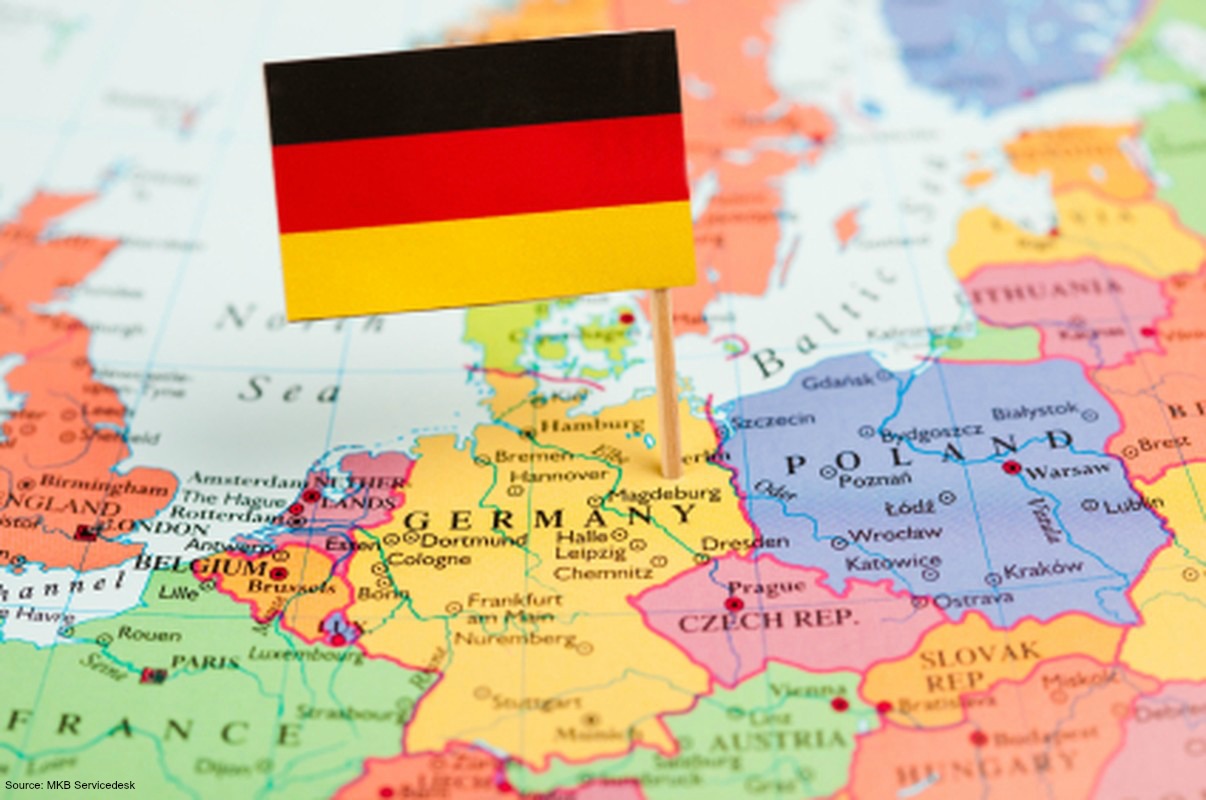
Dutch on the go to their Neighbours!
When discussing cultural differences, we tend to focus on cultures miles apart. But we don’t have to wander to far-off lands and so-called exotic cultures to experience distant business cultures. Even (business) cultures from neighbouring countries, such as Germany and the Netherlands, can be like chalk and cheese!
Germany and The Netherlands are not quite as similar as one might assume. Though the countries have been important trade partners for years, there are many differences in terms of business etiquette. ‘Innocent cultural’ differences are a source of amusement for the Germans. However, there are cultural differences that can determine the success of a business mission. With that in mind, here we discuss some differences between the Dutch and German business cultures as well as some potential pitfalls – just in time for the economic mission of the Dutch delegation in South Germany to discuss Medical Technology (12-14th April 2016).
Appearance matters in Germany, and the Germans take great pride in dressing well. Someone’s appearance reflects his/her capabilities, so a great deal of attention goes to a neat appearance and presentation. When the Dutch step out of their ‘low key’ car, with unpolished shoes, the Germans immediately start doubting their business sense and expertise. The focus on appearance also plays a role in conducting personal and business affairs. In public Germans will always use titles and last names and will hardly ever use the informal ‘du’; even long-term colleagues will address each other with the more formal ‘Sie’. When in doubt, use Sie, and don’t adopt the informal approach too quickly!
The German organisational culture is characterised by strict hierarchy. In the Netherlands, it’s not uncommon to walk in unannounced into the office of your boss, address your boss by his or her first name and utter some direct criticism when you don’t agree with something that was said or done. In Germany, however, you would not even dream of just walking into your boss’ office! The German hierarchy is also present in the decision making processes – in most companies, they are taken at the top. When their Dutch negotiation partners send their junior colleagues, Germans usually feel like they are not taken seriously and that negotiation might fail.

After negotiating, the Dutch might want to take their German business partners out for dinner. However, Germans exercise a stricter separation between the various spheres of their lives than do the Dutch. Dutch people often try to connect on a personal level with their business partner and do not hesitate to discuss their private life during business meetings (“How was your daughter’s birthday party this Sunday?”). On the contrary, Germans vary their behaviour with other people depending on the connection (private or business).
As we can see, there are far more cultural differences between neighbouring cultures than one might think. So, all the best to the Dutch delegation in Germany, and remember: “If the world is a village, things will always be slightly different at the neighbours!”
Do you want to know more about the German (business) culture? Why not order your copy of the ‘Looking for work in Germany’ career guide.
Babet Agten
ELM – team
© Expertise in Labour Mobility B.V. All rights reserved.
